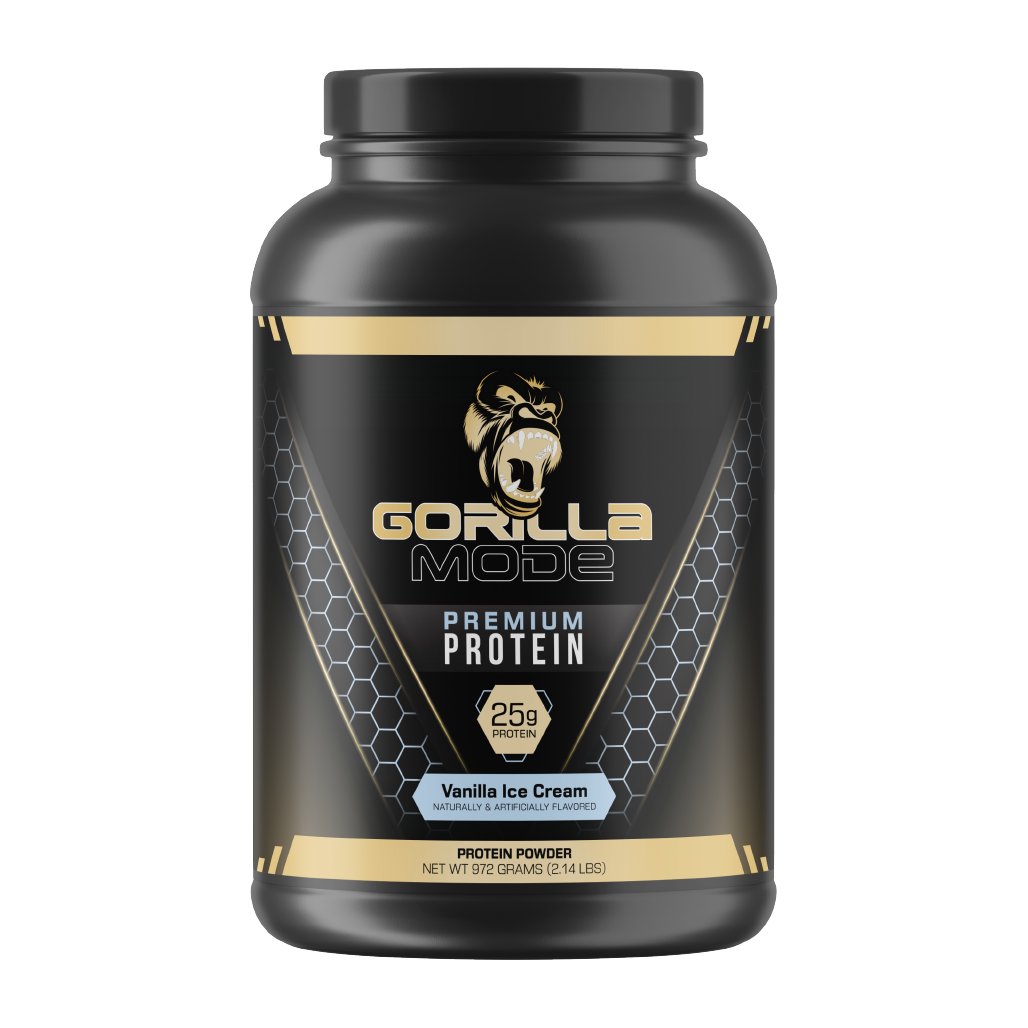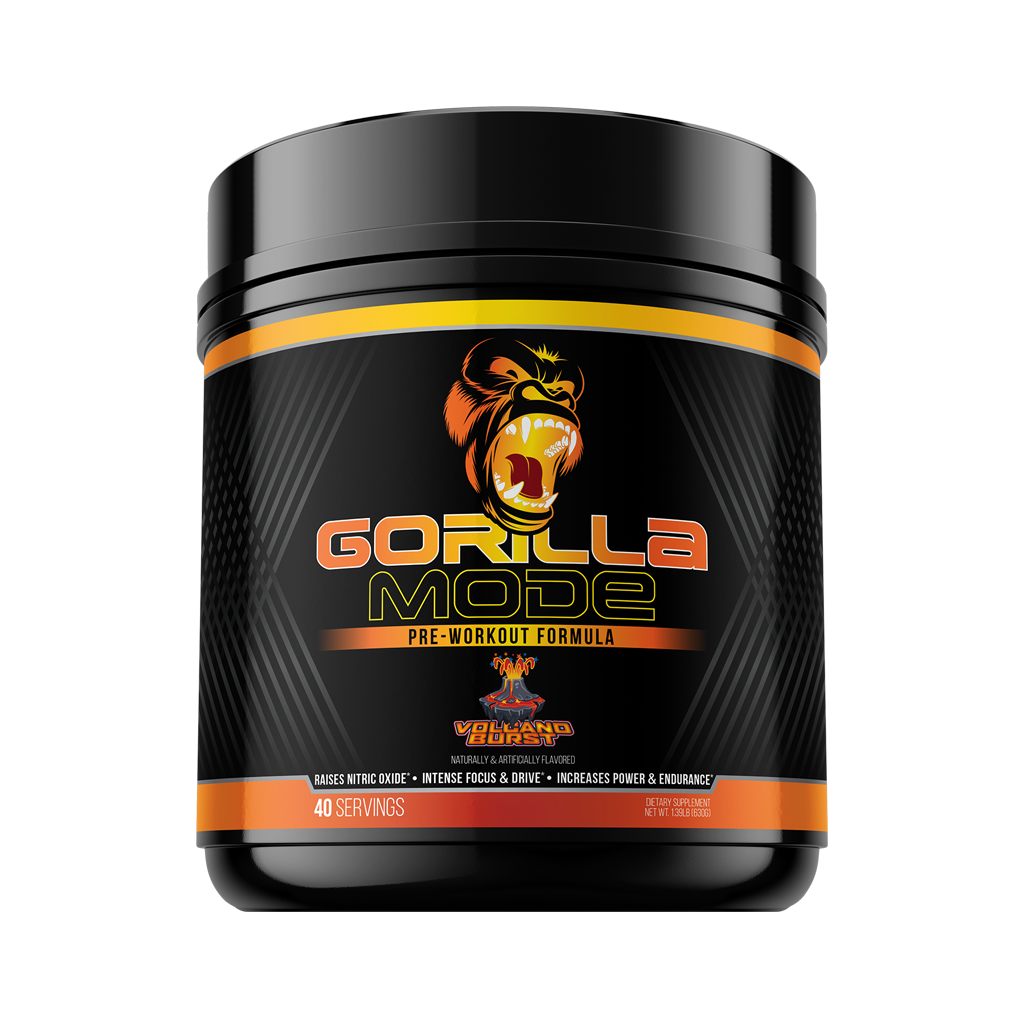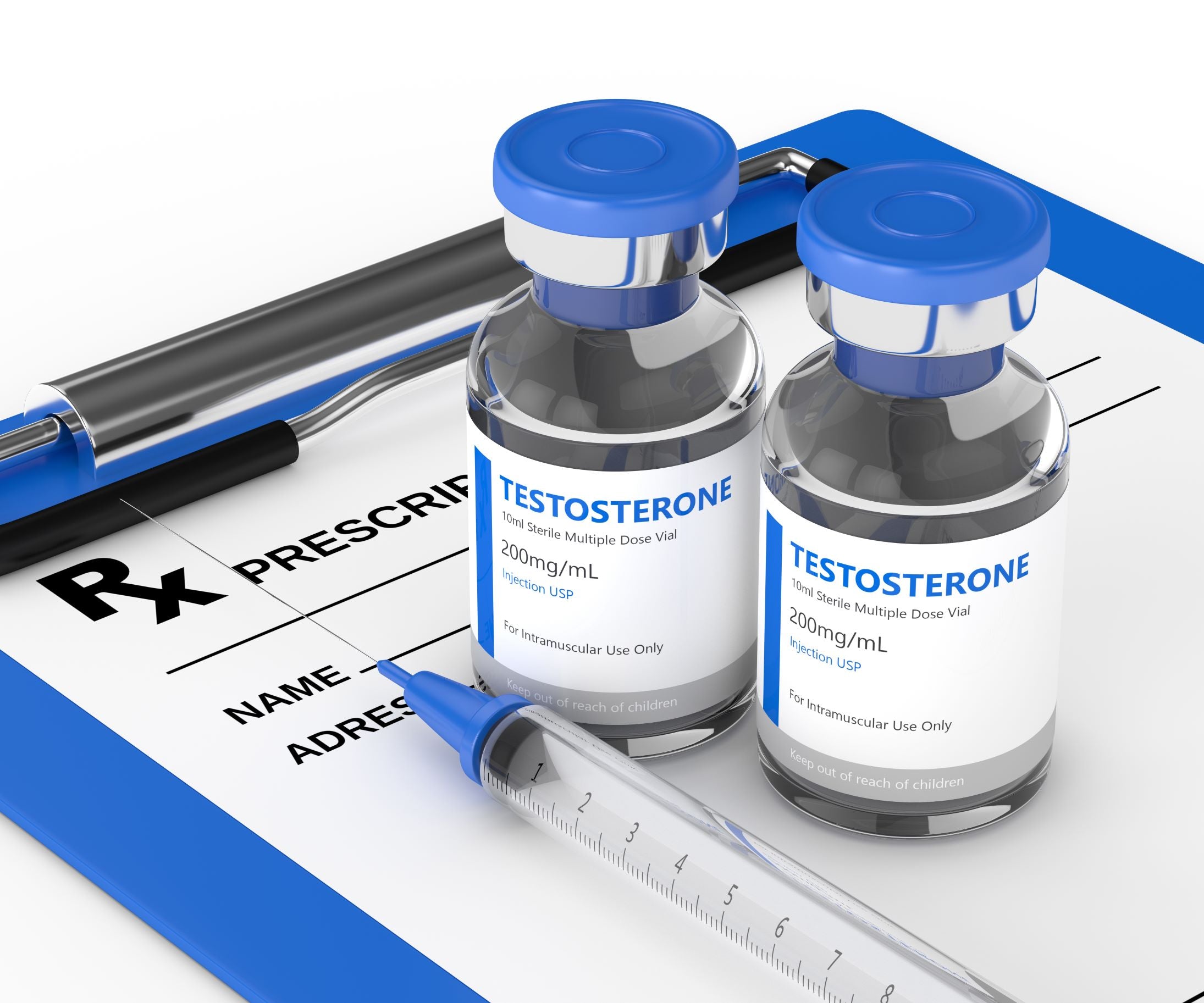My Fitness Journey, Part Three: Supplementation
Sup·ple·ment, noun
1. Something that completes or enhances something else when added to it.
2. Add an extra element or amount to.
3. (in real-world terms) A multi-billion pound / euro / dollar industry, often full of snake oil peddlers selling overhyped or completely ineffective mystery substances to the desperately gullible seeking that elusive "magic pill" which will make them lean and fit. These are often shilled by celebrities or dangerous con-artists on TV.
- Full disclosure: I spent most of my life as that very person seeking the magical quick fix in a bottle. List a supplement, I've probably tried it. Everything I rant about in this post I am 100% guilty of. And I still use supplements to this day, because there are some that actually work ... however, the key is in their name, they supplement health and fitness. They are not the solution in and of themselves.
- Newsflash: You cannot "lose thirty pounds of fat in thirty days" with the aid of a pill. I mean, sure, you can lose thirty pounds of body weight through extreme starvation, though it will be mostly muscle and water as your body freaks out and cannibalises itself.
- On the opposite spectrum: You cannot "gain thirty pounds of muscle in thirty days" either, even if you're blasting enough veterinary-grade steroids to make a war horse's heart explode. I went through a period where I did gain around thirty-five pounds, though this took about eight months, it wasn't all muscle, and I was taking substances you won't find shilled in internet popup ads or at the local nutrition store. (More on that below)
- Bottom Line: If something sounds too good to be true, it is!
Rather than ranting about what doesn't work, or what's overhyped, because one could fill encyclopedias with that, I'm going to discuss what I use, what actually works, and what is needed during one's fitness journey ... actually, I'll answer that last one now. The short answer is, you don't need supplements! Though there are many products made by reputable companies, they can be expensive, and the benefits are often subtle. If you're on a tight budget, you can still get lean and muscular even if you cannot afford the latest "Food of the Gods" in a plastic tub.
One thing to keep in mind, avoid anything that has "proprietary blend" on the label. That is a complete bullshit term meant to hide that their ingredients are underdosed with a lot of crap fillers.
With that in mind, here's what I use and recommend:
Multivitamin - It's good to take a multivitamin, regardless of whether you are an athlete or not. If your nutrition is on point, and you're consuming a balance of every food group (fruit, vegetable, grain, dairy, protein), then it's not needed. But let's be honest, most of us, even those who try to stay consistent with nutrition, fall flat in this regard. Thankfully, multivitamins are common at every grocery store and inexpensive. Brand name isn't really important. There are some that claim to be for elite athletes, etc, and their dosages are higher, but they are ridiculously expensive. I used to take these "packs" that contained seven or eight horse pills, and a three-week supply was around $40!
For most of us, your basic Centrum, Nature Made, or even Flintstones chewables will suffice. I personally take EVL Advanced Daily Multivitamin for Men. A two-month supply from Amazon is about $20.
Protein - The most common supplement after multivitamins, this is the big one for most athletes, especially those looking to build muscle. It should be noted, the use of protein powder is more about convenience than necessity. Protein needs vary by the individual. A good rule of thumb is, anyone looking to gain or maintain muscle needs to consume between 0.5 to 1 gram per pound of bodyweight every day. And just know, it won't hurt you if you consume more, unless it sends you over your maintenance calories for the day. Protein is more satiating than carbs or fat, so you tend to feel fuller.
At between 205 and 210 pounds, I typically take in around 130 to 190 grams of protein per day, just in my food intake. So technically, I don't need to take protein powder. However, I use it for my banana protein pancakes, and evening smoothie. As for brands, I use Gorilla Mind Vanilla Ice Cream, namely because of all the brands out there, I think it tastes the best. And hey, they're based out of Boise, Idaho, just a couple miles from my house! (#shoplocal) It's also more reasonably priced than many brands, although it seems all protein powders have gotten expensive in recent years. I've tried some of the other flavours, but honestly, I find that fancier they get, the worse they taste. Below is the nutrition label for their vanilla ice cream flavour, which is my personal favourite. With any protein supplement, or indeed food, you want to check the protein, to carb, to fat ratio. At 2 grams fat, 3 grams carbs, 25 grams of protein, and 130 calories, the ratios here are excellent.
Creatine -This is the other big one, as far as supplements that actually have decades of research and are proven to work. It's also one of the least expensive.
The Cleveland Clinic gives a good summary of what it actually does: Creatine is a natural source of energy that helps your skeletal muscles flex (contract). It helps create a steady supply of energy in your muscles so they can keep working, especially while you’re exercising. Creatine supplies energy to your muscles. Many people take creatine supplements to build strength and promote brain health. Creatine supplements are safe for most people to take, but you should first talk to a healthcare provider to ensure they’re right for you.
Creatine is found in most protein based foods, i.e. meat, poultry, seafood, and dairy. So again, you may not need it at all. But if you're very active, or vegetarian / vegan, it can certainly help. The key with creatine is to keep it simple. Stick with creatine monohydrate. A lot of companies will try to hype "super creatine" or variants that they promise to give better results, namely so they can jack up the cost. These either give no noticeable benefit, or in some cases less. As for dosage, 5 grams per day is all you need. You don't need to do a "loading phase," as that's been proven a myth. Brands don't matter, just so long as it's creatine monohydrate without a bunch of fillers. I use Nutricost Performance Creatine, which has 100 servings currently for $23.50 on Amazon.
- For most people, a multivitamin, protein, and creatine are all you'll ever need. And again, they are strictly optional, especially if you're consuming enough of your macro and micronutrients through your diet. Below are are a few that I also take.
Fish Oil - This one could possibly be up there with the top three. Per Healthline: Fish oil is an excellent source of omega-3s, which is good for the heart and the brain. However, getting your omega-3s from fish is healthier. If you don’t eat fish, fish oil supplements are a good alternative. (Full Article Here) There is some ongoing debate whether fish oil supplements are sufficient, hence why I didn't place them towards the top. Since most of us do not consume enough fish, I continue to take one fish oil pill every day with my multivitamin. Like creatine, it's also very cheap. You can find a four-month supply on Amazon or your local grocer for less than $10. I currently use Nature's Bounty.
Pre-workouts - Okay, now we're really getting into the "purely optional" realm of supplementation. Many of us like a little boost before hitting the gym or doing cardio. Although as Arnold Schwarzenegger himself recently said, you can get a boost from a cup of coffee. My wife will do a quick cup of black coffee before a workout if she needs a quick boost. Honestly, though, it's never really done it for me. But again, that's just me. If a splash of coffee is all you need, stick with it.
Also note that pre-workouts are the easiest to abuse and overdose on when it comes to supplements. When it comes to dosage, read the label carefully and be very mindful of the caffeine content. While caffeine in itself actually has some health benefits, too much can cause great strain on the heart. Per the FDA, healthy adults should avoid consuming more than 400 milligrams of caffeine per day. This is the Gorilla Mode Pre-Workout that I take. Note the caffeine dosage. Personally, I only take half a scoop, and that's plenty. Any more than that, I get the jitters, which only messes up my workout. Taking two scoops is batshit insane.
I also take a non-stimulant pre-workout, which to be honest I was highly sceptical of at first. While it doesn't give the massive burst of energy as the regular variant, it does cause a lot of blood flow to the muscles, giving one the "pump" most lifters crave. The pump, in turn, helps bring oxygen and nutrients to the muscles, which can improve workouts and aid in muscle recovery. It's also good for those who exercise in the evenings, as stimulants can mess with one's sleep. Sleep is one of the most crucial, and neglected, aspects of health (not just for athletes). Below is the label for Gorilla Mode Nitric. It does have some creatine, so you may taper your monohydrate supplementation on days you use this. I consume roughly one scoop, sometimes less, before a workout. Two scoops is just wasteful, and this stuff is not cheap. Forty servings runs $60, which is $10 more than the regular pre-workout.
EAAs- Essential Amino Acids (EAAs) and Branch Chain Amino Acids (BCAAs) are found in every protein source, so really, they are not needed at all. Honestly, EAAs and BCAAs are the most overhyped and least effective supplement out there. Can they help? Maybe, but you probably won't notice a substantive difference. So why do I take them? One reason and one reason alone: They taste nice and I use them to flavour water. That's it. And there's zero calories. I use Nutricost EAAs, which is around $20 for 30 servings. Although for me it's more like 50 to 60 servings, because half a scoop is more than enough to flavour a 30 fluid ounce water bottle.
Pharmaceuticals - Alright, now we're going to discuss the prescription side of what I use or have used.
Full disclosure: have I used steroids in the past? YES. When I was in Iraq (2004 to 2005) I was able to get my hands on dianabol, which did help me achieve massive gains in strength and muscle size. Over the course of around nine or ten months, I put on around 35 pounds; however, not all of it was muscle. There was a lot of fat and water retention. And yes, I was freakishly strong. My all-time best on the bench press was 425 pounds. My working sets were 315 pounds, 6 to 8 reps on both the flat and incline bench. My deadlift was 515 pounds, and my squat, 585 pounds. However, as I gained a lot of fat, I wasn't exactly aesthetic. Lifting that much weight was also very dangerous, plus I hurt all the time. And sure, I felt like I could lift a bus, but my cardio was crap! Just doing a half-hour walk gassed me out. And remember, I was in a war zone. Had a crisis emerged on a mission, where we needed to run any distance, I would have been in serious trouble. Yeah, taking D-bol to get freakishly strong was fucking stupid. Thankfully, I only took it for about a year, so hopefully avoided the more catastrophic long-term consequences. Please note, as I mentioned in my Workouts blog post, I do not lift remotely close to what I did before. I build muscle for aesthetics simply because I like it. As a friend and former bodybuilder once told me, "It's not what you can lift, but what you look like you can lift."
So with that out of the way, what do I take now, and why? The "why" comes down to, I am forty-eight-years-old, an athlete, and want to stay an athlete. I hope to still be riding bikes, lifting weights, and looking "jacked" well into my nineties and beyond (gotta have goals).
A couple years ago, I went to a clinic in Boise called Ageless Men's Health (despite the name, they do have women clients, too). They did my bloodwork and found that my testosterone was low, despite the amount of muscle I still maintained, and my hormones were out of whack. Testosterone levels for men vary widely, but are usually around the 450 to 600 nanograms per decilitre (ng/dl) depending on age, genetics, etc. Mine were at 260 ng/dl. Below is what I am currently prescribed, which I go into the clinic every week to take:
Testosterone - 210 milligrams, injected. A higher-end dose, but as active as I am, the physician is fine with it, so long as we stay on top of any potential side effects (mood, hair loss, acne, etc). Thankfully, I have none of those, but remain mindful of the potential.
Human Chorionic Gonadotropin (hCG) - 0.5 millilitre, injected. This is to help with natural testosterone production
Anastrozole (estrogen suppressant) - 1 milligram. My estrogen levels tend to spike while on TRT, which is why this was prescribed.
I have full blood panels done every four to six months, checking not just my hormones, but blood sugar, prostate, cholesterol, and pretty much everything one gets when having a physical. My testosterone currently ranges between 780 and 880 ng/dl. This is still in the "normal" range, though on the higher end of the spectrum. The physician told me, "James, you're walking around with the hormone levels of a twenty-year-old college athlete." Hmm, so I guess I'd better not waste it! Given my age and how I look, I'm very upfront and always explain that I am not "natural." Even though testosterone therapy is legal with a prescription, per USADA rules, I can never compete in any drug-tested competition. That's fine. I'm doing this strictly for my health.
And while I'm being upfront, I ask, please if you are thinking about any sort of hormonal therapy or performance enhancing drugs (PEDs) only do so with the advice of your doctor and with a proper prescription!
So there we have it, the last of "What Works for Me." Stay fit, stay safe, and above all, stay healthy!
James
Next Week: New Book Release - Soldier of Rome: Kingdoms Fall















Comments
Post a Comment